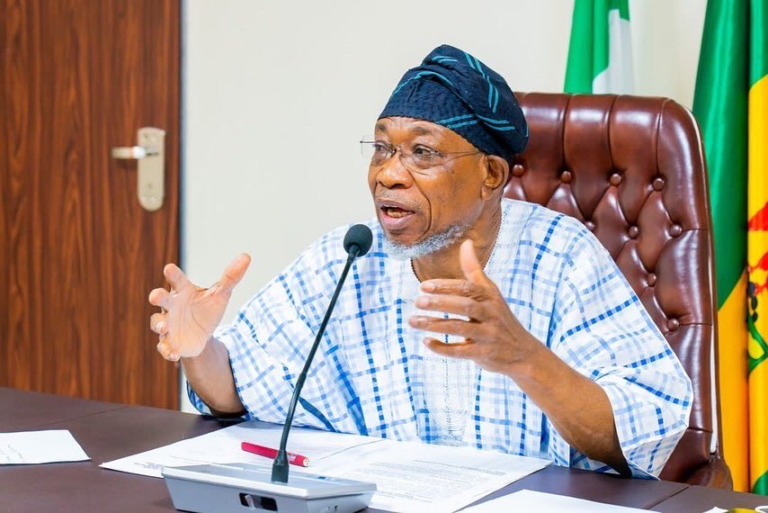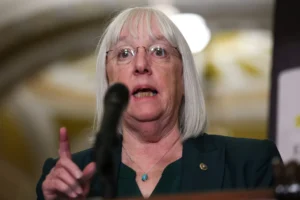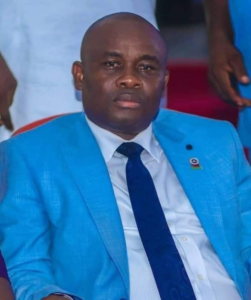Rauf Aregbesola, the former governor of Osun State and former minister of interior, has called for Nigeria to adopt a parliamentary system of government, asserting that it is better suited to the country’s large population. Speaking at a national dialogue on the Home-Grown Parliamentary System in Abuja on Monday, Aregbesola expressed concerns about the inefficiency of the current presidential system in managing a nation as populous as Nigeria.
Aregbesola questioned the feasibility of one individual governing a population of over 120 million people without adequate checks and balances, stating, “If you go on believing that an individual, no matter how capable, could govern 120 million people alone, we are joking.” He emphasized that a parliamentary system, with its emphasis on collective leadership, would be more effective in addressing Nigeria’s diverse and complex needs. “I believe the collective arrangement which the parliamentary system guarantees is best for a nation like Nigeria if indeed we are committed to advancing the interests of the people,” he added.
Nigeria currently operates under a presidential system, where the president is directly elected and holds significant executive power. In February, a bill seeking to reintroduce a parliamentary system passed its first reading in the House of Representatives, sponsored by 60 lawmakers. The bill highlights the “imperfections” of the presidential system, suggesting that it has hindered Nigeria’s full potential.
Abdulsamad Dasuki, who represents Sokoto State and spoke on behalf of the bill’s sponsors, argued that the presidential system has limited Nigeria’s growth. This isn’t the first attempt to shift to a parliamentary system another similar bill failed to pass in 2018 during the constitutional amendment process. The renewed push reflects an ongoing debate on the most effective governance model to address Nigeria’s socio-political challenges.



























